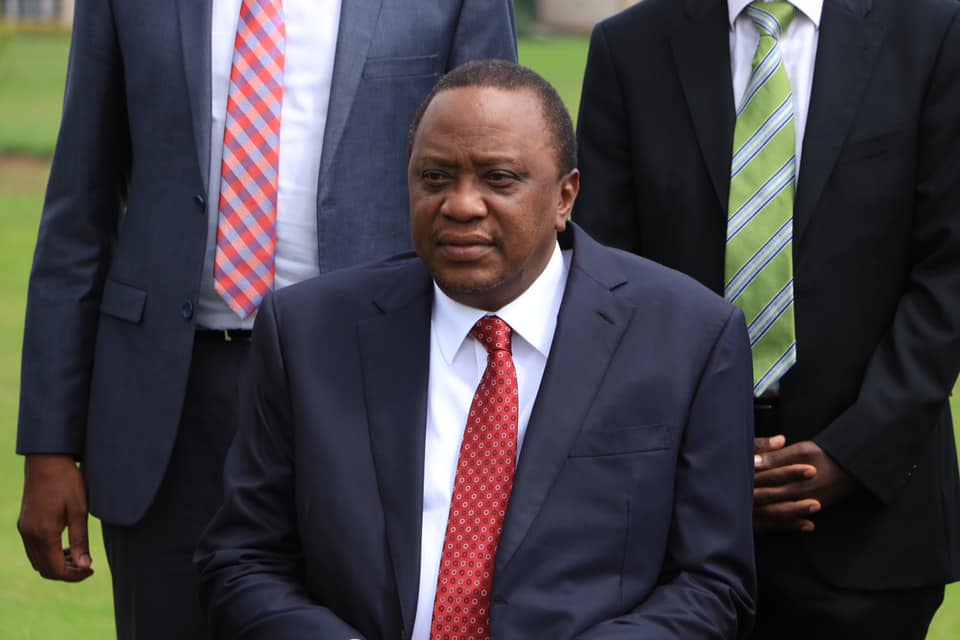Kenyan former President Uhuru Kenyatta has called on various sides of a conflict in eastern Democratic Republic of the Congo (DRC) to embrace dialogue in order to achieve a lasting peace in the troubled region.
Speaking in Nairobi on Friday evening after meeting with stakeholders on the cantonment matters in North Kivu in eastern DRC, Kenyatta said “we must ensure that all parties are adequately consulted and reach an agreement regarding this crucial stage.”
The former president has been facilitating the Nairobi Peace Process that focuses on ending hostilities in the DRC. He convened a consultative meeting in Nairobi which was attended by international organizations and members of the diplomatic corps, and was aimed at assisting the stakeholders in planning, organizing and reaching a consensus on how they can collectively work towards achieving the final stage of the process (cantonment) initiated during the Luanda Summit held on Nov. 23, 2022.
The cantonment is a sensitive aspect of the peace restoration process that requires transparency, open consultation and stakeholder dialogue, Kenyatta said in a statement released in Nairobi.
“It is imperative to address all necessary technical and logistical matters, including establishing open and indirect lines of dialogue and consultation with the armed groups we aim to canton,” he added.
According to the statement, one of the primary objectives of the Nairobi and Luanda Peace Processes is an orderly and swift cessation of hostilities, involving the withdrawal of armed groups from their forward positions to designated locations and the systematic and organized cantonment and disarmament of the groups.
During the meeting, the Special Representative of the UN Secretary General in the DRC and Head of UN Organization Stabilization Mission in the DRC, Bintou Keita, said the cantonment should be voluntary and she also reaffirmed the United Nations’ unwavering support for the peace process.
Deputy Prime Minister and Minister of Foreign Affairs of the DRC Christophe Lutundula Apala Pene Apala said the government is committed to the peace process.
The security situation in eastern DRC has continued to deteriorate over the past three months despite a lull in armed clashes between the March 23 Movement (M23) and government forces in North Kivu province, said Martha Pobee, UN assistant secretary-general for Africa, on Monday.
Thus far, the cease-fire between the M23 rebel group and government forces has relatively held and contributed to some security gains. However, the withdrawal of M23 from the occupied areas has been piecemeal, tactical and political. The M23 still controls a large part of the Masisi and Rutshuru territories as well as the movement of people and goods in those areas, she told the UN Security Council.
Moreover, the M23’s offensive repositioning in recent weeks has raised fears that hostilities could flare up again at any moment. The M23 continues to create insecurity, reportedly killing at least 47 civilians in North Kivu over the recent period, she said.
CREDIT: XINHUA


